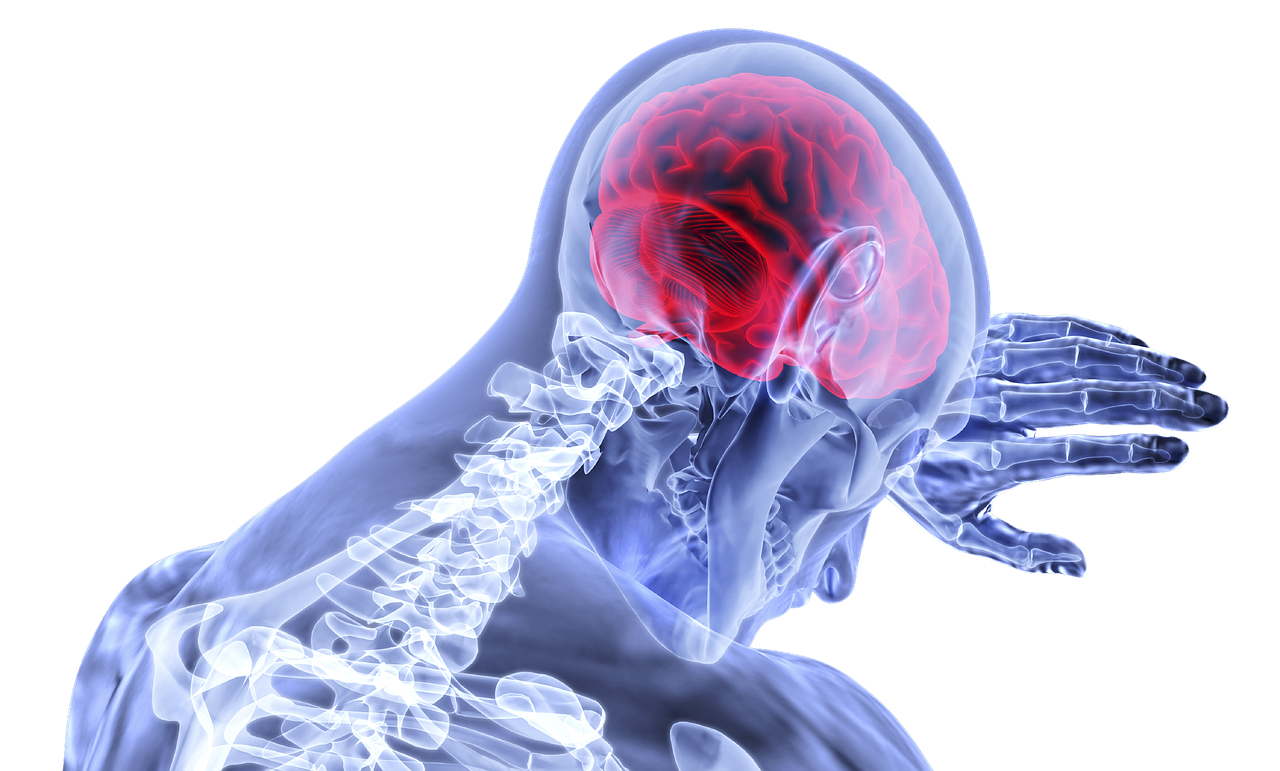Your Los Angeles Brain and Spinal Injury Attorneys
Each year in the United States an estimated 1.4 million people sustain a traumatic brain injury (TBI) – a blow or jolt to the head, which can disrupt the function of the brain. The severity of a TBI can range from a mild concussion to the extremes of coma or even death. At least 5.3 million Americans currently live with disabilities resulting from TBI.
The Healthy Brain:
To understand what happens when the brain is injured, it is important to realize what a healthy brain is made of and what it does. The brain is enclosed inside the skull. The skull acts as a protective covering for the soft brain. The brain is made of neurons (nerve cells). The neurons form tracts that route throughout the brain. These nerve tracts carry messages to various parts of the brain. The brain uses these messages to perform functions. The functions include our coordinating our body’s systems, such as breathing, heart rate, body temperature, and metabolism; thought processing; body movements; personality; behavior; and the senses, such as vision, hearing, taste, smell, and touch. Each part of the brain serves a specific function and links with other parts of the brain to form more complex functions.
The Injured Brain:
When a brain injury occurs, the functions of the neurons, nerve tracts, or sections of the brain can be affected. If the neurons and nerve tracts are affected, they can be unable or have difficulty carrying the messages that tell the brain what to do. This can change the way a person thinks, acts, feels, and moves the body. Brain injury can also change the complex internal functions of the body, such as regulating body temperature; blood pressure; bowel and bladder control. These changes can be temporary or permanent. They may cause impairment or a complete inability to perform a function.
Definition of Traumatic Brain Injury (TBI):
TBI is an insult to the brain, not of a degenerative or congenital nature but caused by an external physical force, that may produce a diminished or altered state of consciousness, which results in an impairment of cognitive abilities or physical functioning. It can also result in the disturbance of behavioral or emotional functioning. These impairments may be either temporary or permanent and cause partial or total functional disability or psycho-social maladjustment.
Causes of Traumatic Brain Injury:
A traumatic brain injury occurs when an outside force impacts the head hard enough to cause the brain to move within the skull or if the force causes the skull to break and directly hurts the brain. A direct blow to the head can be great enough to injure the brain inside the skull. A direct force to the head can also break the skull and directly hurt the brain. This type of injury can occur from motor vehicle crashes, firearms, falls, sports, and physical violence, such as hitting or striking with an object. A rapid acceleration and deceleration of the head can force the brain to move back and forth across the inside of the skull. The stress from the rapid movements pulls apart nerve fibers and causes damage to brain tissue. This type of injury often occurs as a result of motor vehicle crashes and physical violence.
Symptoms of Traumatic Brain Injury:
After an impact to the head, a person with a brain injury can experience a variety of symptoms but not necessarily all the following symptoms. This information is not intended to be a substitute for medical advice or examination. A person with a suspected brain injury should contact a physician immediately, go to the emergency room, or call 911 in the case of an emergency. Symptoms of a traumatic brain injury include, but are not limited to:
- Spinal fluid (thin water-looking liquid) coming out of the ears or nose;
- Loss of consciousness; however, loss of consciousness may not occur in some concussion cases;
- Dilated (the black center of the eye is large and does not get smaller in light) or unequal size of pupils;
- Vision changes (blurred vision or seeing double, not able to tolerate bright light, loss of eye movement, blindness);
- Dizziness, balance problems;
- Respiratory failure (not breathing);
- Coma (not alert and unable to respond to others) or semi-comatose state;
- Paralysis, difficulty moving body parts, weakness, poor coordination;
- Slow pulse;
- Slow breathing rate, with an increase in blood pressure;
- Vomiting;
- Lethargy (sluggish, sleepy, gets tired easily);
- Headache;
- Confusion;
- Ringing in the ears, or changes in ability to hear;
- Difficulty with thinking skills (difficulty “thinking straight”, memory problems, poor judgment, poor attention span, a slowed thought processing speed);
- Inappropriate emotional responses (irritability, easily frustrated, inappropriate crying or laughing);
- Difficulty speaking, slurred speech, difficulty swallowing; and
- Body numbness or tingling; and Loss of bowel control or bladder control.

